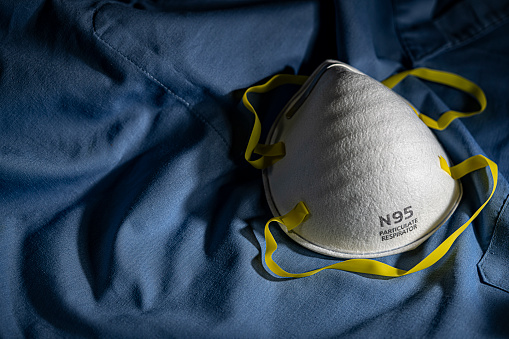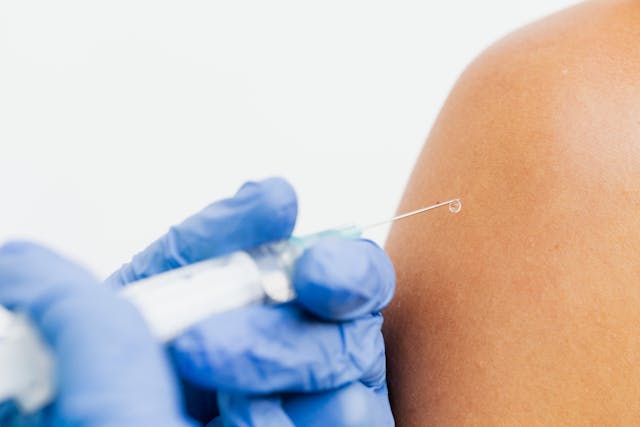
Use of N95 Surgical Masks can reduce Covid 19
When a Covid-19 patient coughs, the suspended droplets exhaled by the patient remain in the air between 5 and 14 seconds. At this stage, the chances of a viral infection increase. With the use of surgical masks, the volume of the Covid-19-carrying cloud can reduce 7 times. An N95 mask can reduce the cough cloud nearly 23 times. These findings were published in the American Institute of Physics as per the study conducted by two scientists Rajneesh Bharadwaj and Amit Agrawal from the IIT Mumbai.
The study conducted by the two IIT-Mumbai professors gauged the air volume that could be contaminated when a Covid-19 patient coughs, sneezes, laughs, sings, or exhales. When a mask is used by the patient, the cough cloud volume is drastically reduced. This, in turn, reduces the risk factor for others in the room.
Even if a patient coughs into a handkerchief or his elbow, he can substantially reduce the cough cloud volume. The virus dispersion is thus reduced. The N95 face mask was particularly useful as a social vaccine as it was substantially able to manage the Covid cough cloud. Such masks have been in use for protection from air-borne pollution and particles.

The study examined the temperature and relative humidity and volume of the cough cloud and followed its dispersion. The study of the thermodynamics and fluid dynamics of the cloud of exhaled droplets threw light on their dispersion. It would aid the understanding of SARS-CoV2, the virus that caused Covid-19, and its infectious nature. The use of face masks has been advised by WHO to contain the infectious pandemic that has been wreaking havoc the world over.
Transmission of infectious diseases has been a serious health hazard in recent times. Respiratory droplets are most often the transmission route. In addition to respiratory viruses, the spread of measles and chickenpox is through the airborne route.
With global travel, infections that break out in one part of the globe quickly move to other areas too. Face masks are being used globally. Face masks now come with added features such as antimicrobial properties and high hydrophobicity.
Typically airborne droplets with particles bigger than 5 μm were assumed to fall to the ground within a radius of 1 meter. But it has been studied that the cloud of droplets remain propelled and are capable of being propelled even 7-8 meters away based on other factors. Face masks work as physical barriers to the cough cloud.
The efficacy is more when the infected person wears a mask. It helps in reduced virus transmission from an infected person. The mask showed a tremendous reduction in the spread of small particles of exhaled breath. The reduction was far more in controlling Coronavirus infection particles than for influenza and rhinovirus.


